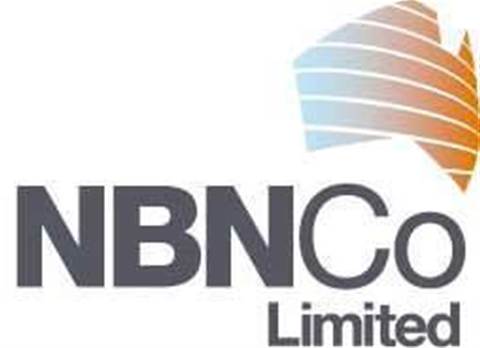NBN Co has revealed the five national test sites for fibre deployment where it would trial different rollout techniques to approximately 12,200 premises.
The sites were:
- Part of the Melbourne suburb of Brunswick (2,600 premises).
- Parts of Townsville suburbs Aitkenvale and Mudingburra (3,100 premises).
- Minnamurra and Kiama Downs on the NSW south coast (2,600 premises).
- An area west of Armidale in regional NSW, including the University of New England (2,900 premises)
- South Australian rural community Willunga (less than 1,000 premises).
They were selected by NBN Co engineers using the geocoded national address file (GNAF), which indexed all valid physical addresses in Australia.
Sites in GNAF were sorted according to whether they would test some of the challenges NBN Co expected to face in the wider network deployment.
These challenges included semi-detached houses, apartment blocks, and sites with varying geospatial characteristics.
But RIM-to-fibre transitions would not be tested at any of the five sites. This would be left to Telstra's project at Point Cook near Melbourne, the results of which would be shared with NBN Co.
"We're not specifically testing for [RIM-to-fibre]," NBN Co chief Mike Quigley said.
Existing broadband penetration rates and availability of competitive backhaul was not taken into account when the sites were selected, according Quigley.
"We haven't assumed there will be contestable backhaul into these sites," he said. "Assuming that would have biased [the process]."
Quigley said NBN Co had released a request for proposals to create detailed network designs for each of the five sites. He believed the process would take "several months".
Construction was expected to start "early in the second half of the year."
"We'll be really getting on with the job on the mainland of fibre-ing up these communities," Quigley said.
"There's a lot we will learn as we go through the process of rolling out the network."
Quigley said each of the five communities had been informed of the network rollout this morning. He hoped "a large number" in each would opt for the fibre services.
Pricing
Quigley and Communications Minister Stephen Conroy fielded a bombardment of questions at the launch in Sydney today over pricing for the fibre services.
It was suggested by several journalists that retail internet service providers (ISPs) could be given free wholesale access to the NBN Co network in the test phase; however, this was "not part of the plan", according to Quigley.
"We will be pricing at market rates to get uptake on the network," Quigley said.
Quigley said that any future announcements on Tasmania's wholesale access rates should not be taken as revealing the eventual national access price.
He declined to reveal what Tasmanian wholesale access would cost.
Conroy said the Government would not "subsidise" access to wholesale or retail services. The Government in particular had been dogged by criticism in recent months that high-end fibre services were too expensive compared to ADSL.
"We've never said we'd subsidise 100 Mbps to anybody," Conroy said.
But retail pricing would be consistent in all five communities - meaning rural users would pay the same national rate for a service as their metropolitan cousins.


.png&h=128&w=207&c=1&s=1)




_(27).jpg&h=142&w=230&c=1&s=1)
.jpg&h=142&w=230&c=1&s=1)




.jpg&w=100&c=1&s=0)











